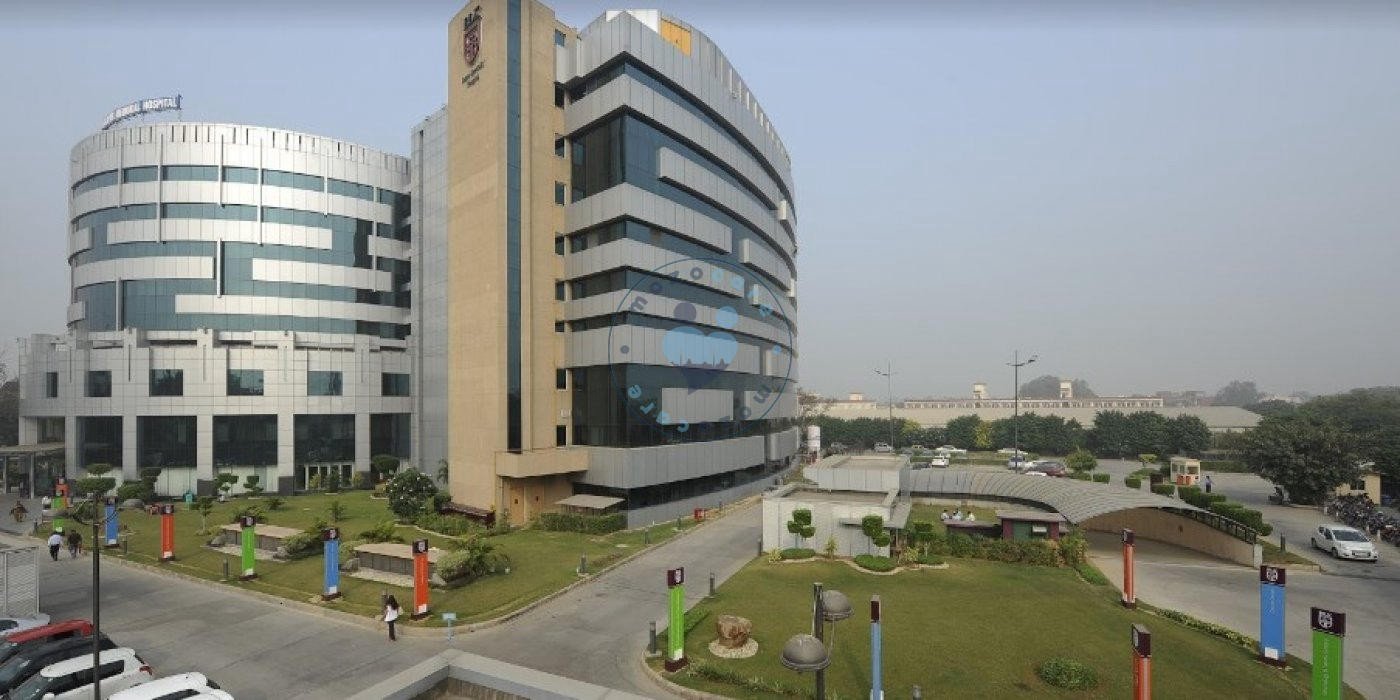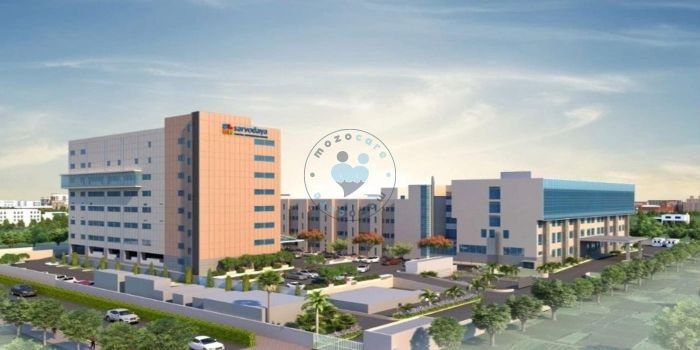

There are many factors that can affect the costs
Get Free Consultation
Wisdom Tooth Extraction treatments abroad
The formation of wisdom teeth differs between ethnic groups, though one thing which is consistent, is that they develop as the jaw gradually evolves. What are officially known as the third molars, or more commonly referred to as wisdom teeth, form as a human being's jaw develops. This is due to the fact that they appear much later than other teeth, at an age when an adult is un"wiser" than a child. Wisdom tooth surgery affects the third molar which is one of three molars contained in the basic jaw structure. Wisdom teeth most commonly affect those aged between 17 and 25.
Where most adults have four wisdom teeth each, it is possible to have both fewer or more. If so, these additional ones are called supernumerary teeth. Wisdom teeth are usually affected by others as they develop, and become impacted or grow sideways. For these reasons, they are usually extracted. Wisdom teeth continue to be the most commonly impacted teeth in the human mouth. They create a lack of room to allow for the teeth to erupt, which results in a risk of periodontal disease that increases with age. Impacted wisdom teeth are determined by the direction and depth of the impacted tooth. It also depends on the amount of available space for tooth eruption and the soft tissue or bone (or both) which covers them. Dentists are able to gauge the amount of impaction, infections and complications associated with wisdom teeth removal. Wisdom teeth are also identified by whether or not there are symptoms and disease treatment of an erupted wisdom tooth. It is the same as any other tooth in the mouth. If impacted, treatment can be localized in the infected tissue overlying the impaction. When a wisdom tooth is extracted, it is done by a dentist or an oral and maxillofacial surgeon.
The procedure can often be done in a dentist's or surgeon's office or alternatively the surgery may be performed in the hospital. This is particularly the case for when many wisdom teeth are being removed at once, or if it is highly likely that complications will occur. Before the process of extraction is carried out, the dentist administers the patient with a local anesthetic to numb the tooth which is to be removed. A general anesthetic may be used, especially if several or all of the wisdom teeth will be removed at the same time. The general anesthetic prevents pain in the whole body and will cause the patient to sleep throughout the procedure. To remove the wisdom tooth, the dentist will open up the gum tissue over the tooth and take out any bone that is covering it.
They will then separate the tissue connecting the tooth to the bone and remove the tooth. Sometimes the dentist will cut the tooth into smaller pieces to make it easier to remove. After the tooth is removed, the patient may need stitches - some stitches dissolve over time and some have to be removed after a few days which the dentist will notify you about.
Where can I find wisdom tooth extraction abroad?
Wisdom tooth extraction in the United States can be an expensive procedure, and many patients choose to look further afield for treatment where the cost having a wisdom tooth extracted can be much lower. Wisdom Tooth Extraction Clinics in Spain Wisdom Tooth Extraction Clinics in Mexico Wisdom Tooth Extraction Clinics in Hungary,
Wisdom teeth are the third set of molars which usually grow during the late teens and early twenties. If the teeth are misaligned, then they cause problems as they can put pressure on neighboring teeth and crowd the mouth if there is not enough space for them erupt. If the teeth are impacted, it means that they cannot erupt or that they only partially erupt through the gum, which can become a space for bacteria to grow and infection to occur. When there is not enough space in the mouth or the wisdom teeth become impacted, then they may need to be removed through a minor surgery.
This can be performed with local anesthesia (numbing the gums) however, if the tooth is very impacted (trapped beneath the gums) or if several teeth are being removed at once, then it may be appropriate to have a general anesthetic instead. It is recommended that wisdom teeth are removed in the early 20's as the bone is denser in older patients and can take longer for healing and recovery. Recommended for Wisdom teeth which have no space to erupt Wisdom teeth that are growing inwards towards the tooth next to it Wisdom teeth which have a flap of gum over it and cause infections Decayed wisdom teeth Time requirements Average length of stay abroad 1 - 2 days. Some patients allow a few days before travelling in case of pain or difficulty speaking, which is recommended for patients having several teeth removed. Time off work 1 - 2 days. It is recommended to take a few days to recover.
Impacted wisdom teeth can cause pain in the teeth and can cause infection. Time requirements Average length of stay abroad 1 - 2 days. Some patients allow a few days before travelling in case of pain or difficulty speaking, which is recommended for patients having several teeth removed. Time off work 1 - 2 days. It is recommended to take a few days to recover. Time requirements Average length of stay abroad 1 - 2 days. Some patients allow a few days before travelling in case of pain or difficulty speaking, which is recommended for patients having several teeth removed. Time off work 1 - 2 days. It is recommended to take a few days to recover. Impacted wisdom teeth can cause pain in the teeth and can cause infection.,
An x-ray of the teeth is taken to identify the position of the teeth. A dentist can perform wisdom tooth extraction however, if the teeth are impacted then the dentist may refer the patient to a maxillofacial surgeon. If the patient has an infection in the wisdom teeth, they will be given antibiotics and the surgery will be performed after the infection has healed. Before the procedure, the area around the tooth is numbed with local anesthetic.
If all of the wisdom teeth are being extracted at the same time, then a general anesthetic may be administered. If undergoing a general anesthetic, then the patient will usually need to fast after midnight before the extraction.,
In the case where the tooth is fully erupted, the dentist will simply remove the tooth with forceps once the anesthetic has been administered. In cases where the tooth is impacted, the dentist or maxillofacial surgeon will open the gums and may have to pull the tooth out in smaller chunks.
Afterwards, stitches may be needed to help the extraction site to heal. Anesthesia Usually local anesthesia. Procedure duration The Wisdom Tooth Extraction takes 1 to 2 hours. For impacted wisdom teeth, the gum is cut open and the tooth is removed.,
Post procedure care After surgery, patients should relax. If lying down, it is advised to raise the head slightly to reduce bleeding and use cotton gauzes to soak up any blood from the extraction site. The dentist should prescribe suitable painkillers (avoid aspirin as it may increase bleeding). An ice pack can be used on the cheek for the first 24 hours to help with swelling.
Patients should eat soft foods and should not use a straw or smoke for the first few days as this can loosen the blood clot. There is a risk associated with the healing process. If the blood clot becomes loose and exposes the bone underneath it can cause a painful condition called dry socket. In this instance, a dentist will place an anesthetic cover on the area until it properly heals.
Patients should follow the instructions of the dentist afterwards and should notify the dentist if they think they have dry socket. Possible discomfort There is some minor discomfort associated with tooth extraction, although this should pass quickly. Soreness in the area should pass within a day or so.,
How long the procedure takes depends heavily on how complicated the procedure will be. This depends on a number of factors unique to your case, including how severely impacted the teeth are, how many teeth are being removed, and what complications are involved. The surgeon may be able to give you an estimate during your consultation.
During the procedure, your surgeon will use local, intravenous, or general anaesthetic to control your pain. Under local anaesthetic, the area where they are working will be numb, but you will be awake and alert. With intravenous sedation, which may or may not also involve local anaesthetic, it will feel like being drunk but you will not feel any pain. Finally, under general anaesthetic you will be asleep throughout the procedure. You are likely to experience pain for 48 to 72 hours after the procedure, although there may be some soreness lasting up to a week. Your doctor will prescribe you a medication for pain management if necessary.
As wisdom teeth erupt (grow in) they are sometimes impacted, which means they come in at an angle or otherwise abnormally. Sometimes they are too close to other teeth. This can cause pain or make it difficult to keep them clean. If this is the case, your dentist will usually recommend extraction.
Wisdom tooth extraction is a surgical procedure like any other.
Wisdom tooth extraction is a safe and relatively common procedure, with a low rate of long-term complications. Possible complications include dry socket, which is a condition that happens when the surgical area does not heal properly and part of the bone is exposed. There is also a risk of infection, adverse reaction to anaesthetic, nerve damage, and damage to other parts of the mouth. Long-term complications are very rare.
| BLK-MAX Super Specialty Hospital | |
| HELIOS Hospital Schwerin | |
| Heidelberg University Hospital | |
| Sarvodaya Hospital and Research Center | |
| Antwerp Hospital Network ZNA | |
| Apex Heart Clinic | |
| Asian Heart Institute | |
| JSC Medicina Clinic | |
| Netcare N1 City Hospital | |
| King's College Hospital |

New Delhi, India

Schwerin, Germany

Heidelberg, Germany

Faridabad, India

Antwerp, Belgium